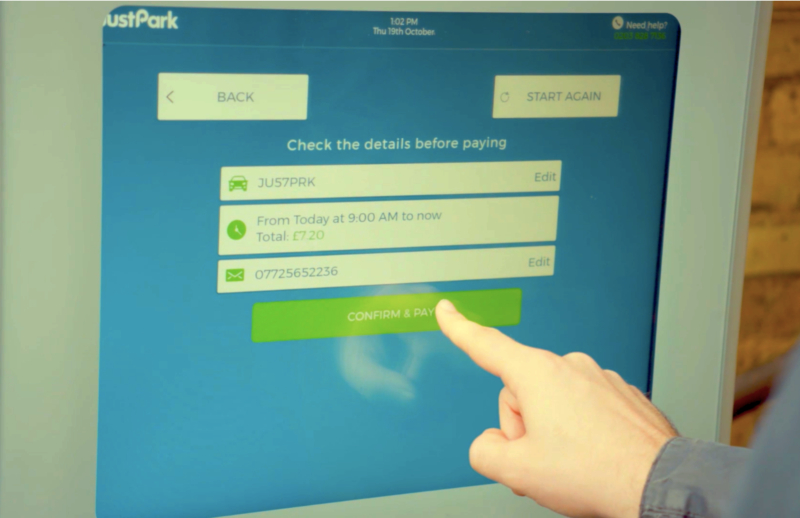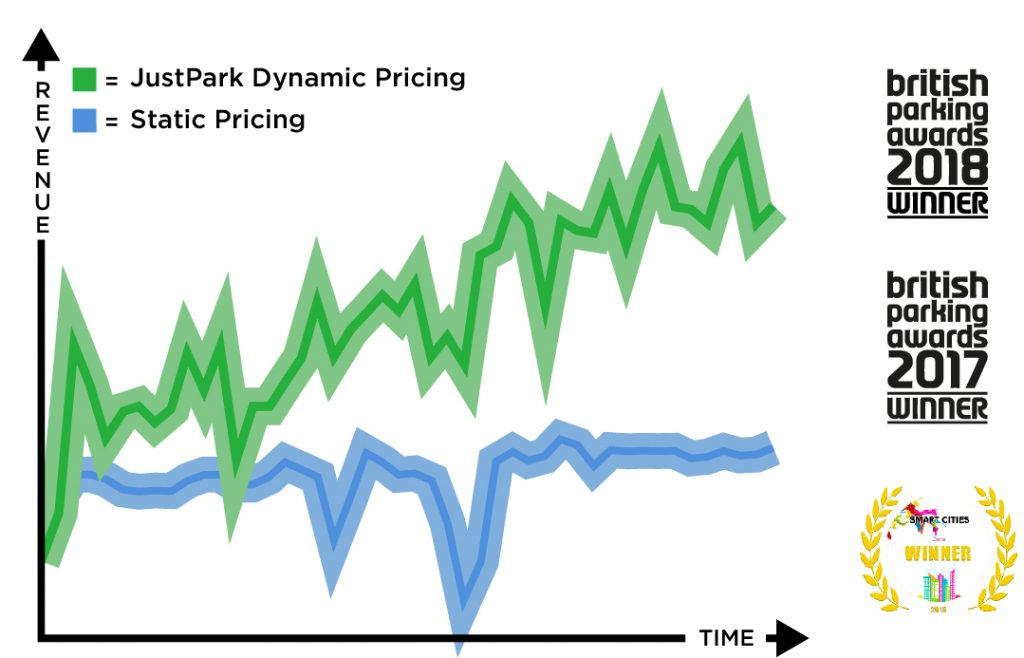For decades, our roads have been dominated by petrol - or diesel -powered vehicles. But as the pressure mounts on cities to reduce CO2 emissions, and public sentiment begins to shift towards more environmentally-friendly ways of getting around, we need to find ways to make our transport systems greener.
However, the pollution-producing automobile remains many people’s primary means of travel. Electric vehicles are beginning to gain traction, but it will be a while before their popularity exceeds that of their fuel-guzzling counterparts. As for driverless vehicles, we’re looking at 10 years at least until they’re commonplace.
So given we’re stuck with cars for the time being, what measures can local authorities introduce to combat emissions? Cities like London operate congestion charges within certain central zones, and even levy extra fees upon heavily-polluting vehicles. Public transport is also ever improving and councils are now doing more to incentivise its use.
But one key element of urban transport systems seems to be perennially neglected. Parking is one of the most dysfunctional parts of our infrastructure, and a huge contributor to emissions in city centres. Cars circling for a space can be responsible for up to 30% of congestion, and generate a staggering 5,000 extra miles travelled per parking space per year.
Congestion and CO2 aside, the frustration of finding an empty space is ranked as the no.1 bugbear for drivers when parking - ahead of its cost and even the risk of getting a fine. The total time wasted when looking for that elusive spot is startling too - with the British Parking Association estimating this at 4 days every year for the average driver. That’s millions of hours of lost productivity, the economic impact of which cannot be underestimated.
 What is the cause of this parking problem, and how do we solve it? One of the key issues for car park operators, and something which has a profound effect on driver behaviour too, is price - and, more specifically, the difficulty of balancing revenue with occupancy. Councils obviously want to maximise their income, so the temptation is to introduce high fees. But the price of parking is a risky game - charge too much, and you have lots of empty space and not much income; too little, and you get an overcrowded, oversubscribed piece of tarmac which causes congestion, frustration and wasted time - and may still not cover its own costs.
What is the cause of this parking problem, and how do we solve it? One of the key issues for car park operators, and something which has a profound effect on driver behaviour too, is price - and, more specifically, the difficulty of balancing revenue with occupancy. Councils obviously want to maximise their income, so the temptation is to introduce high fees. But the price of parking is a risky game - charge too much, and you have lots of empty space and not much income; too little, and you get an overcrowded, oversubscribed piece of tarmac which causes congestion, frustration and wasted time - and may still not cover its own costs.
The industry is not doing a great job at striking this balance right now. Cars searching for parking continue to cause problems with traffic flow in cities, yet the average occupancy of a car park in London is less than 50%. Regardless of this, we still see new car parks popping up in city centres to address this apparent lack of supply - costing millions of pounds and taking up valuable real estate. It’s safe to say the current system is incredibly inefficient.
Can we increase the efficiency of the system by pricing parking in a smarter way? The secret here - and it’s no secret in other industries, but parking lags considerably behind - is to price based on demand trends. It sounds simple, but car park operators should follow the lead set by airlines and hotels of deploying flexible tariffs - charging more for high-demand times and locations, and less for those off-peak. This channels demand to fill up the available capacity, whilst keeping it at a manageable level - and, in the process, helps to maximise revenue.
Trials of demand-based parking prices have so far yielded very positive results. In San Francisco, a company called SFpark employed a system for adjusting tariffs in response to how popular particular car parks were. The aim was to ensure occupancy was always between 40% and 80% - i.e. not wasteful, but not too full - and if it strayed outside of these boundaries, the fee was changed accordingly. The result: a vast improvement in occupancy levels overall, and an average reduction in price, with a positive impact on congestion too.
 At JustPark, we’ve built a comparable system for pricing car parks dynamically. Using historic payments data to reflect demand, and feeding this into machine learning algorithms, we can model price changes and simulate how these will affect driver behaviour. This helps us to find the ideal tariff for a car park in a certain location at a particular time - helping operators to make better use of their space, and resulting in a 20% average uplift in revenue.
At JustPark, we’ve built a comparable system for pricing car parks dynamically. Using historic payments data to reflect demand, and feeding this into machine learning algorithms, we can model price changes and simulate how these will affect driver behaviour. This helps us to find the ideal tariff for a car park in a certain location at a particular time - helping operators to make better use of their space, and resulting in a 20% average uplift in revenue.
Tariffs are updated regularly and rapidly on our app and payment machines, and over time this restores the delicate relationship between demand and supply - with cars filling spaces in a far more efficient way, and traffic being distributed more evenly across a city. It also benefits drivers, as more often than not the optimal price per hour/day is lower than the previously static tariff: it’s a win-win.
However, there is still a problem here - the data required to turn the cogs of the pricing system is all digital. JustPark is used by 2 million people, which gives us a vast and detailed source of data to work from - but parking as a whole is some way behind the curve in its adoption of cashless technology, and payment records can be hard to access. Whilst it’s clear what we can achieve with the right technology and data, a nationwide rollout would require a much bigger digital foundation.
Legislation is just as far behind. Current regulations do not allow a dynamic approach to car park tariffs, despite whether the technology makes it possible or not. Laws state that parking charges must be clearly published, which usually means on a sign. On the JustPark app and digital on-site payment machines, we show the price for a particular space for that specific time period. But most car parks and their operators lack the digital infrastructure to communicate prices in this way, and therefore must go static.
Despite all the positive impacts of dynamic pricing - less congestion, less wasted time and space, more revenue for councils, and cheaper prices for drivers - we are still some way away from it being widespread practice. Parking needs to do more to encourage the adoption of digital technology, a cause which the British Parking Association are now championing. Legislation also needs to be brought up-to-date with the times, in order to permit car park tariffs with flexible prices. Only then will we be able to truly realise the benefits of dynamic parking prices - with councils, operators, drivers and cities being better off for it.
Anthony Eskinazi is founder and CEO of JustPark
To find out more about JustPark's dynamic pricing system for car parks, head to their website or get in touch at cashless@justpark.com.












